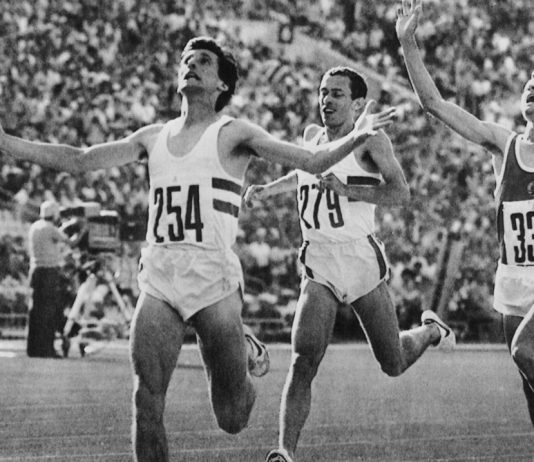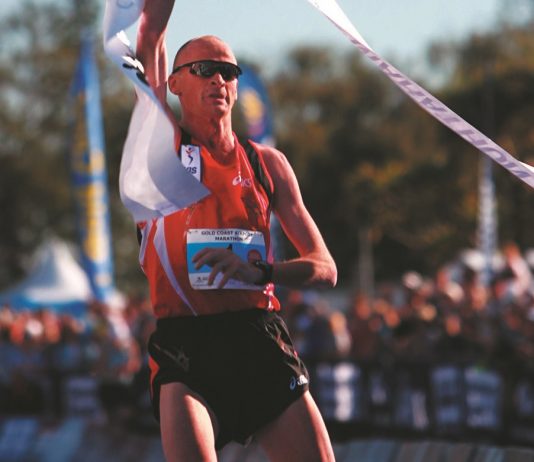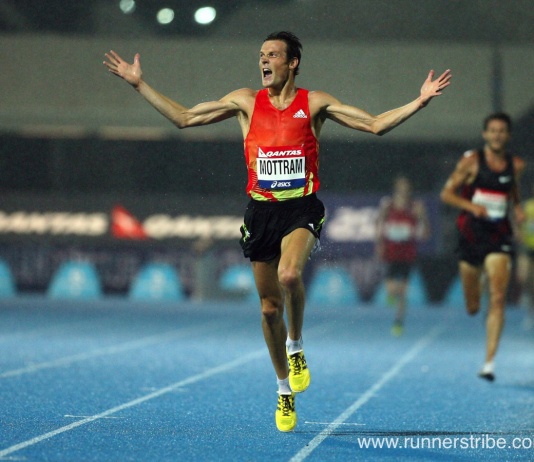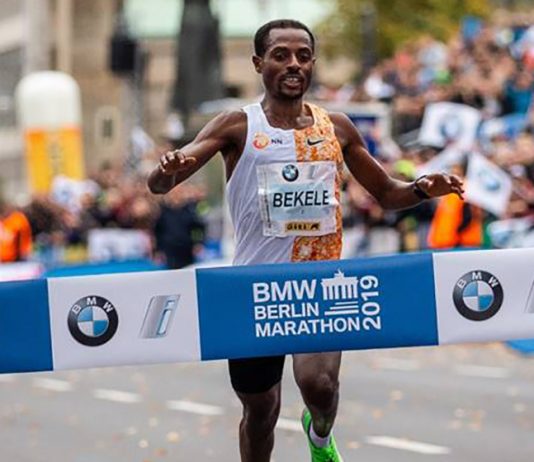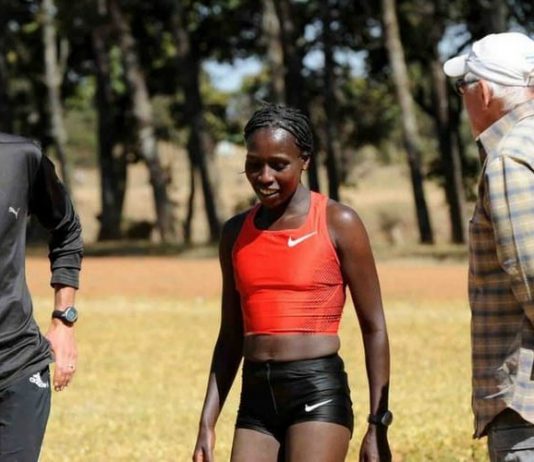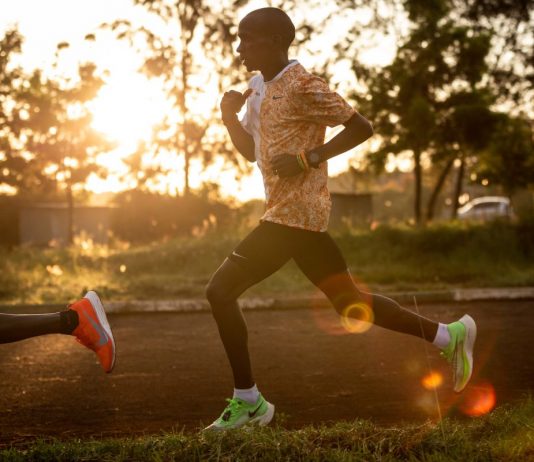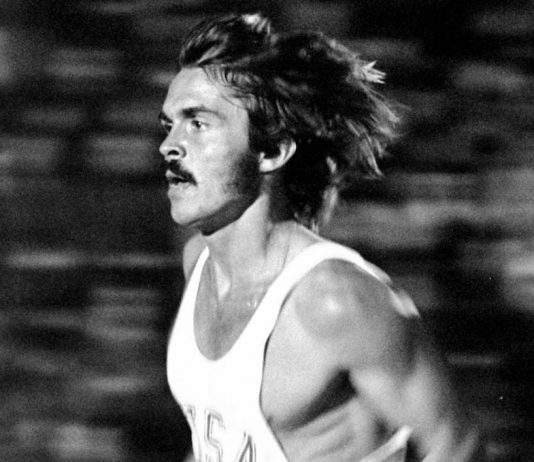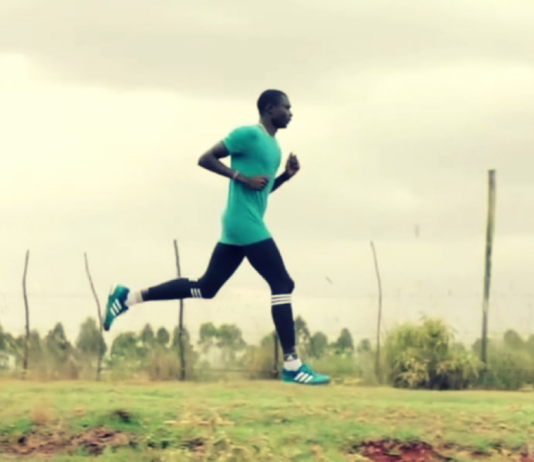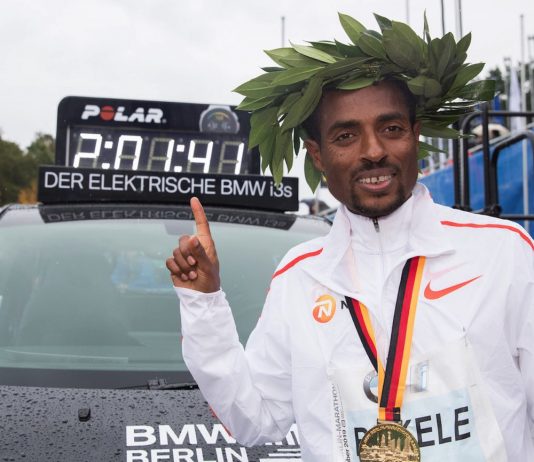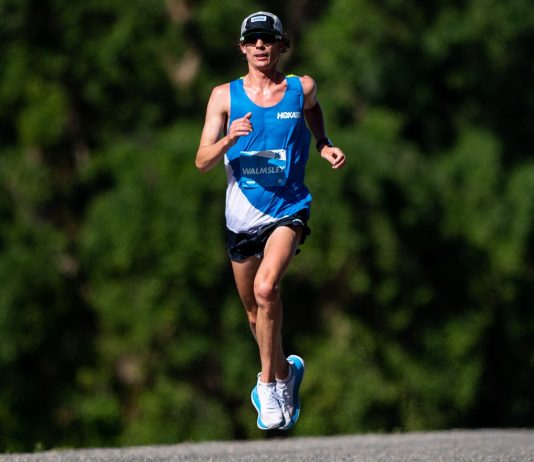From Bernard Lagat, to Steve Cram, Steve Ovett, Seb Coe, Sarah Jamieson, Sarah Brown, and countless others; 300m intervals were key staples of their training programs. Less mundane perhaps than the traditional quarter mile, 400m interval, more race specific, and potentially easier mentally. It’s a trend seen in numerous top middle distance and distance runners. Runner’s Tribe dove into the specifics of some of these 300m interval sessions routinely carried out by world leading athletes.
The first occasion I recall meeting Lee Troop was when Julian Paynter brought him along for a Sunday morning run at the 1993 national championships in Brisbane.
‘Troopy’ had finished sixth in the U20 5000 metres the night before, a race won by Andrew Letherby.
By the time we got back from that run almost two hours later two things were apparent. Lee Troop could run – and he could talk.
It’s no surprise, then, that over 20 years later Troop is still running and, one way or another, he is still talking, be it as a coach, a mentor, an advocate for the sport. He was, and is, passionate about his running and articulate in expressing that passion.
The Training of Craig ‘Buster’ Mottram
“I didn’t think I would see an Australian do what he is doing. To have an Australian under 13 minutes for 5km is unbelievable.” -Steve Moneghetti
Free Sources:
– With thanks for help from Neil MacDonald from Geelong Cross Country
Steve Moneghetti once blamed Craig Mottram for...
The second fastest marathon runner in history is the total package. Machine on the track, machine on the roads. Amazing kick, and a major championship performer.We took a look at a bunch of sessions that Bekele completes on a regular basis in the lead-up to a major marathon.
The great coach Renato Canova has a unique approach to marathon training. For Canova, training for the marathon is all about race pace training, not mileage. Race pace sessions are by far the most important element to preparing for the marathon, every other aspect of training is geared towards this goal.
Canova argues that fast long runs, is the reason why the world has seen such a reduction in world record times. Ron Clarke led the way, he was well known for smashing his long runs at close to 3 minutes per km.
Canova’s approach to marathon training is unique to the traditional line of thinking. Below are the key elements to Canova’s philosophy:
The G.O.A.T. of marathon running lives a pretty simple life. Train, rest, repeat. It is a winning formula followed by generations of successful distance runners. We dived deep into what this simple life of endless miles, huge sacrifices and lots of rest means when discussing the greatest to ever live.
Pre was an animal when it came to training. Quality over quantity, no long runs over 12 miles, morning runs most days, intense track sessions. Runner’s Tribe picked out 5 of Pre’s favourite sessions. For a more detailed account of Pre’s training program check out Pre’s training HERE
A key workout for coach Colm and various Kenyan’s, is called ‘Diagonals’. Performed once or sometimes twice per week, the session is a form of fartlek training, a mix between speed and endurance. The session is not intended to be a ‘max effort’ but more of a strong fartlek, that helps build both speed and endurance without overly flattening an athlete. The session is often completed not as a hard workout but is often done on an ‘in-between’ day. It’s a way to build fitness and speed, while still keeping athletes fresh for upcoming harder workouts.
September 29th 2019, and Kenenisa Bekele made history, clocking the second fastest marathon in history – 2:01:41, missing the world record by just two seconds.Bekele has many years of aerobic conditioning in his legs. However, his race specific training for Berlin 2019 only spanned over an 8 week period during. A remarkably short period of time.Bekele’s training diary leading in to the 209 Berlin Marathon is below. Most of this training was performed at sea level in the Netherlands.
Jim Walmsley is without a doubt America's greatest ever ultra trail runner. At 30 years of age Walmsley is best known for his success in ultrarunning, and especially as the record holder of the Western States 100. He is also the world record holder for 50 miles.
Walmsley is soon to step onto the roads at the USA Olympic Marathon Trials, Feb 29, in Atlanta. Walmsley has been clocking 175 mile (280km) weeks in training in preparation and also stopped the clock over half marathon at 1:04.00 in Houston, January 2019. And over the last year or so, Walmsley is doing something he hasn't done much of since college - track sessions.



